Background
Alexander C. McFarlane was born on May 27, 1952 in South Australia, Australia; the son of John Preiss and Nancy Douglas (Robertson) McFarlane.

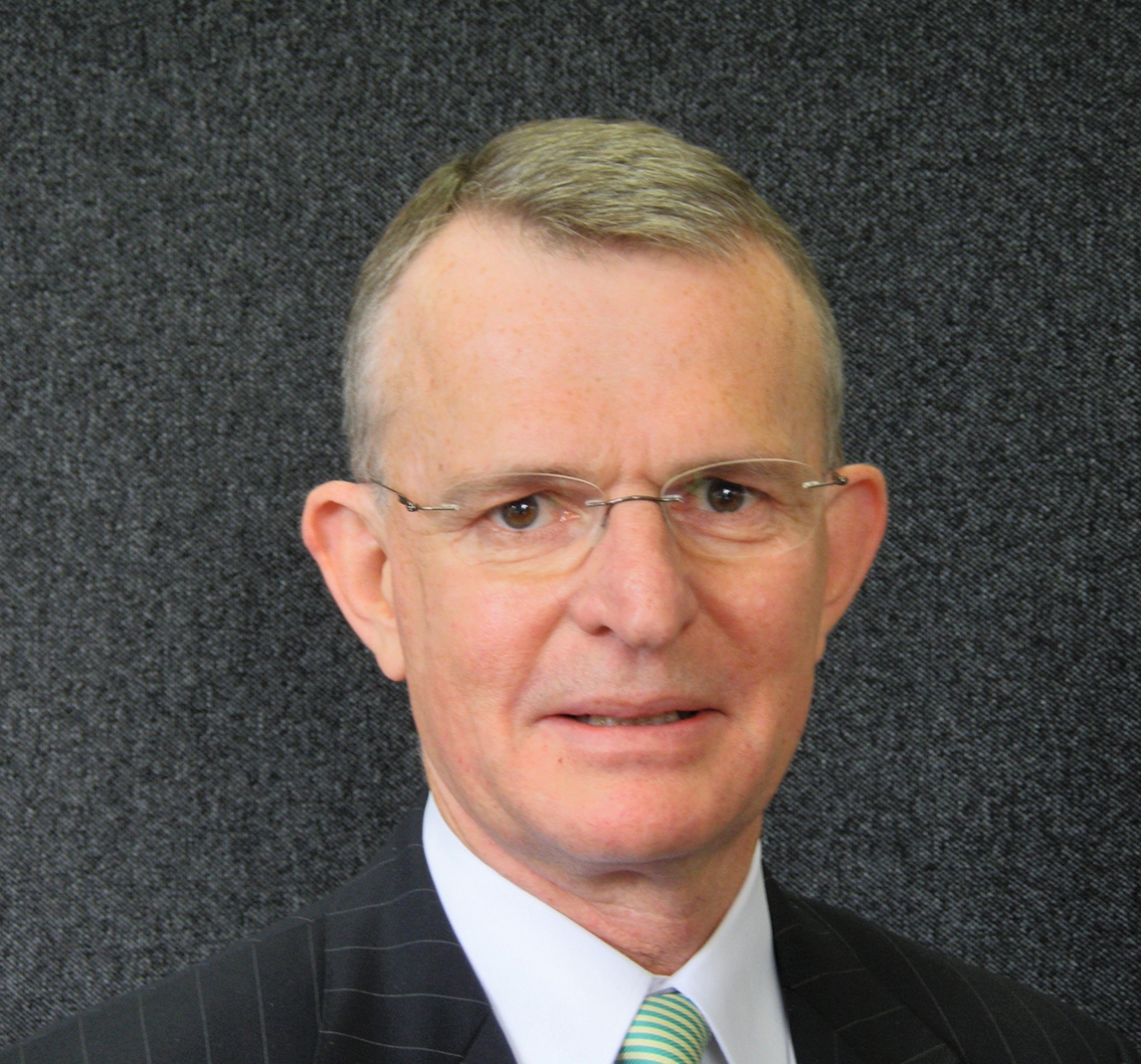
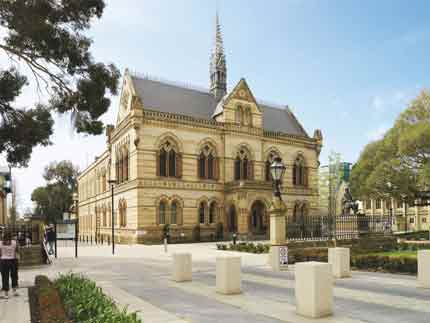
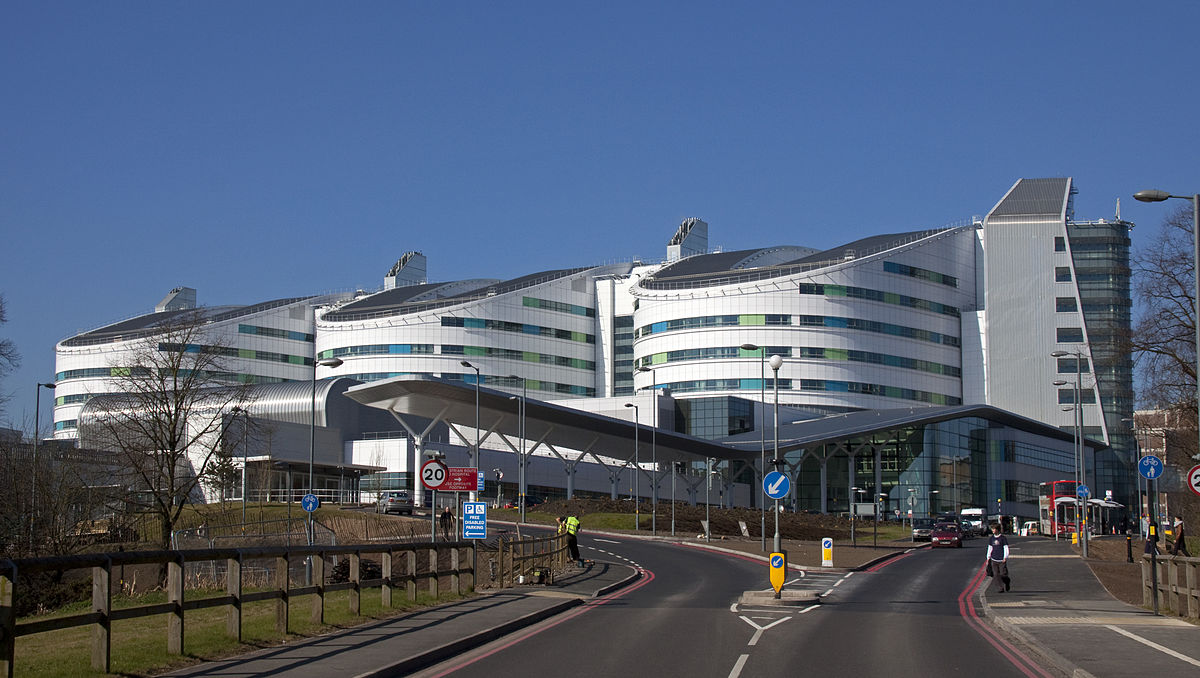
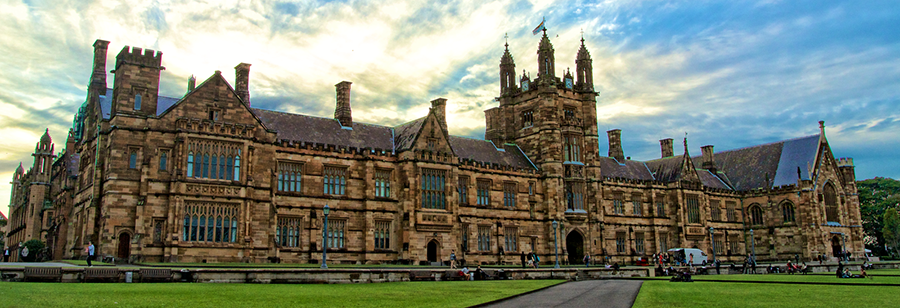
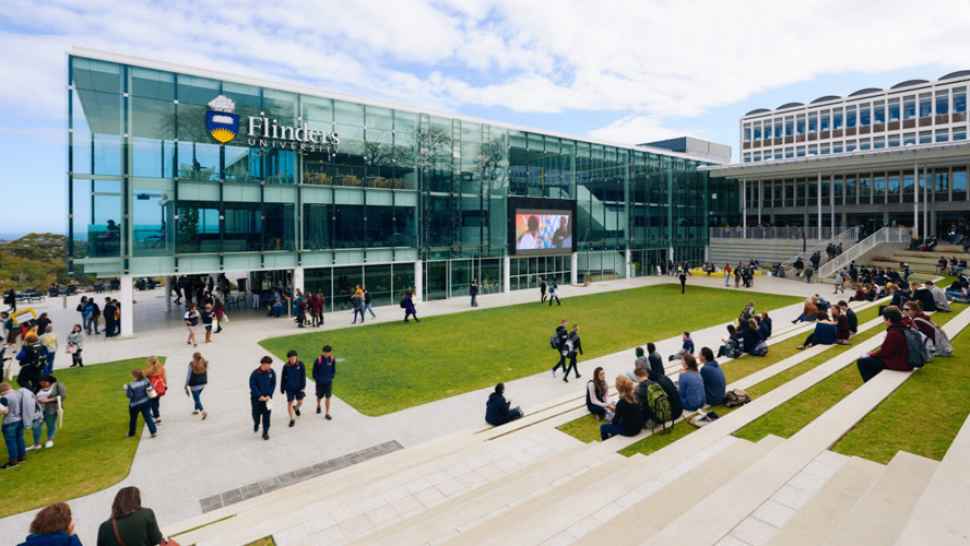
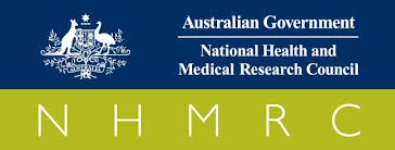
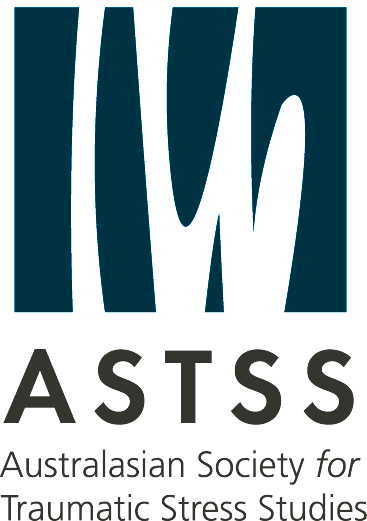
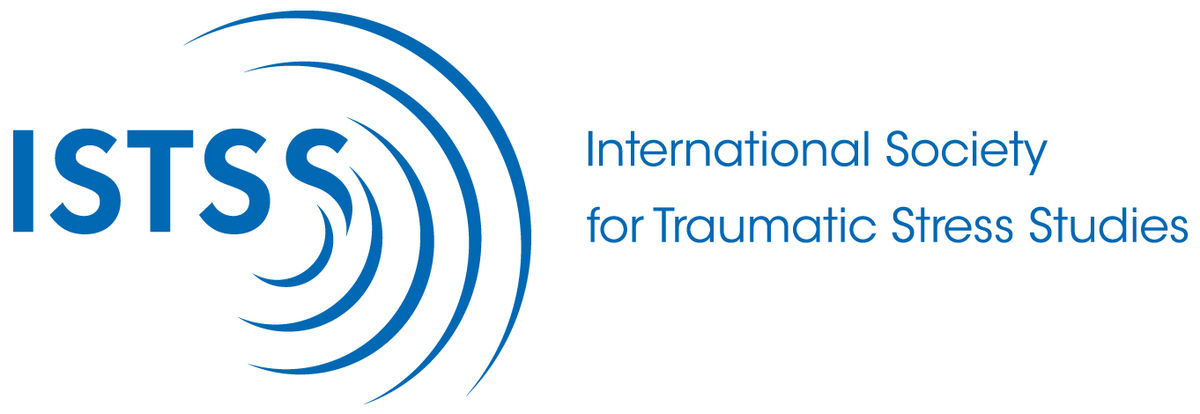
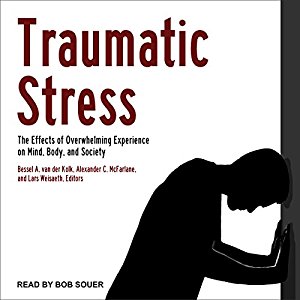
(This best-selling classic presents seminal theory and res...)
This best-selling classic presents seminal theory and research on post-traumatic stress disorder (PTSD). Together, the leading editors and contributors comprehensively examine how trauma affects an individual's biology, conceptions of the world, and psychological functioning. Key topics include why certain people cope successfully with traumatic experiences while others do not, the neurobiological processes underlying PTSD symptomatology, enduring questions surrounding traumatic memories and dissociation, and the core components of effective interventions. A highly influential work that laid the foundation for many of the field's continuing advances, this volume remains an immensely informative and thought-provoking clinical reference.
http://www.amazon.com/gp/product/B074KMBT7J/?tag=2022091-20
Alexander C. McFarlane was born on May 27, 1952 in South Australia, Australia; the son of John Preiss and Nancy Douglas (Robertson) McFarlane.
McFarlane graduated from the University of Adelaide with Bachelor of Medicine degree, as well as with Bachelor of Surgery degree in 1976. He got his Diploma of Psychotherapy in 1983. McFarlane became Doctor of Medicine in 1990.
McFarlane served at the University of Sydney at the Department of Rheumatology at the position of visiting research fellow from 1985. He worked at the University of Adelaide as a professor of psychiatry from 1990. McFarlane was a clinical professor at Flinders University from the next year. McFarlane then moved to Queen Elizabeth Hospital, where he served as a head of psychiatry from 1995. In addition, he worked at the National Health and Medical Research Council as an assessor; he was a consultant to the government of Kuwait.
Currently McFarlane is the Director of The University of Adelaide's Centre for Traumatic Stress Studies, and his area of particular specialty has been the effects of traumatic stress. He is also an international expert in the field of the impact of disasters and posttraumatic stress disorder (PTSD).
In the medico-legal arena he has long standing experience, including writing a report for the United Nations about the Compensation Commission for the Iraqi occupation of Kuwait and has also been engaged by the Ministry of Defence in the United Kingdom in the matters relating to the Falkland Island, Gulf War and Northern Ireland Veterans.
Professor McFarlane has acted as special advisor to the Department of Veterans' Affairs, including the Scientific Advisory committee examining the health and psychological status of Gulf War Veterans.
McFarlane has published over 250 articles and chapters in various refereed journals and has co-edited three books.
He was a recipient of the Robert Laufer Award for outstanding scientific achievement in the field of traumatic stress. He won Herbert John Wilkinson Memorial Prize in 1972. The next year he was also awarded with Junior Roche Prize, Smith Kline and French Prize, and Dr. Davies-Thomas Scholarship.
McFarlane won Keith Sheridan Prize, as well as Mead Johnson Pediatric Prize in 1974. A year later he got Everard Scholarship, William Gardner Scholarship and Thomas L. Borthwich Memorial Prize. He received H. K- Fry Memorial Prize for Psychological Medicine in 1975 as well, for his essay. In 1986 he won Organon Junior Research Award.
Later, in 2008, he was awarded the Organon Senior Research Award of the RANZCP for the most outstanding contribution to psychiatric research in the last five years. Also he was the recipient of the Founders' Medal of the Australasian Society for Psychiatric Research awarded to individuals who have made a contribution of significance to psychiatric research over their entire career.
(This best-selling classic presents seminal theory and res...)
Quotations:
"The challenge in reviewing any scientific literature is to do more than to take account of the consensus views. The challenge for any field of knowledge is to deal with the inconsistencies and contradictory observations. A major challenge of my recently published book was to provide a balance between these two presentations of knowledge."
“My interest in the field emerged from living in a region affected by a major brush fire disaster. In this context, the personal, social, and clinical issues surrounding a disaster-affected population led to a series of research projects. This created many links with the international research community embraced by the International Society for Traumatic Stress Studies. Our edited volume brings together many of the collegial relationships that exist among trauma-related researchers.”
McFarlane was a fellow of Royal Australian and New Zealand College of Physicians.
McFarlane married Catherine Mary Houen on June 25, 1977. The couple have 3 children - James Alexander, David Anthony and Anna Catherine.
